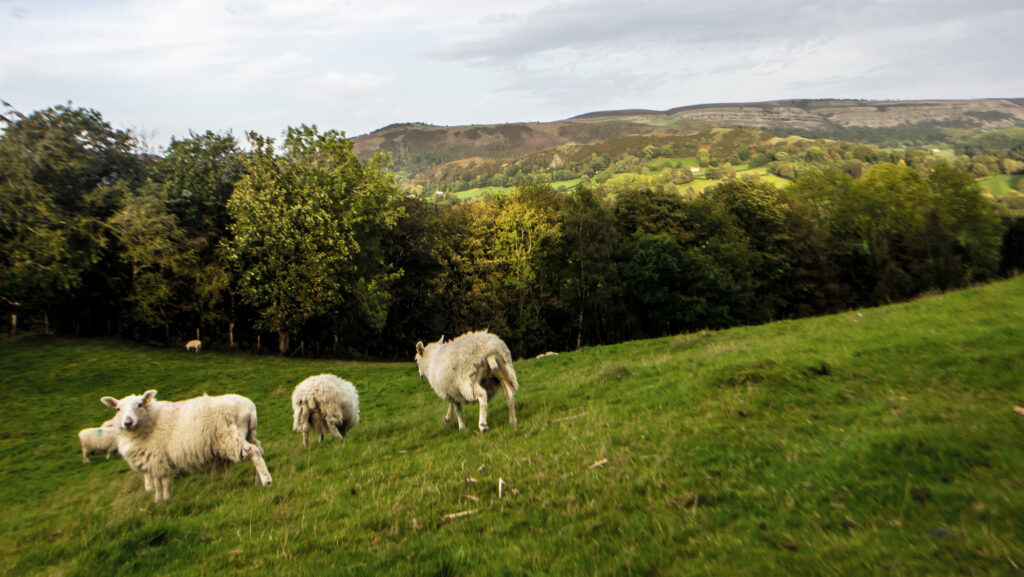Farming industry calls for all-Wales bluetongue zone
 © AdobeStock
© AdobeStock The farming industry has called for Wales to follow Defra’s decision for England and declare the whole of Wales as a bluetongue restricted zone (RZ).
The RZ, which comes into force on 1 July in England, has been put in place as the area has become too large for movement restrictions to properly control the disease.
As a result, farmers in England no longer need to pre-movement test.
See also: All-England bluetongue zone to be introduced from 1 July
However, the industry is concerned about the impact on farmers and businesses in Wales, given the significant number of stock that move across the border.
The Welsh government said it has been engaging with stakeholders and is considering the range of implications, and an announcement is expected on 12 June.
“Our future approach to bluetongue management is a major decision that will have challenging implications for both businesses and livestock health and welfare,” a spokesman said.
‘Balancing act’
NFU Cymru said it understood the balancing act of managing the disease, though is concerned that “there is a severe lack of resources and capacity to deliver against the potential demand for every animal to be tested and licensed”.
The Farmers’ Union of Wales added that enforcing a hard border would be “futile” and “wholly impractical”.
However, the unions agreed that, on balance, Wales should be declared an RZ in line with England.
The British Meat Processors Association (BMPA) told Farmers Weekly that three of its members in Wales would be severely impacted by a hard border.
“If the Welsh government enforce a hard border, we will need to see some of the restrictions on abattoirs eased,” said BMPA chief executive Nick Allen.
“I would urge the Welsh government to follow England.”
Vaccination
Livestock Auctioneers Association executive secretary Chris Dodds added: “If farmers are forced to pre-movement test, the financial implications could be substantial.”
Instead, he encouraged vaccination, ensuring there is sufficient supply.
NFU Cymru also advocated the use of vaccines to protect livestock.
“We support a campaign to promote vaccine use and facilitate the maximum number of doses available on Welsh farms as quickly as possible,” a spokesman said.
Scotland
In Scotland, agriculture minister Jim Fairlie said the situation is likely to continue to be fluid.
“We have made the decision to extend the current relaxations until 12 June based on discussions with devolved administrations and the supporting scientific evidence, as midges are not currently at a point where they are infectious,” he said.
After this date, people may attend shows or sales in England, but any ruminants must complete a post-movement test upon their return.
